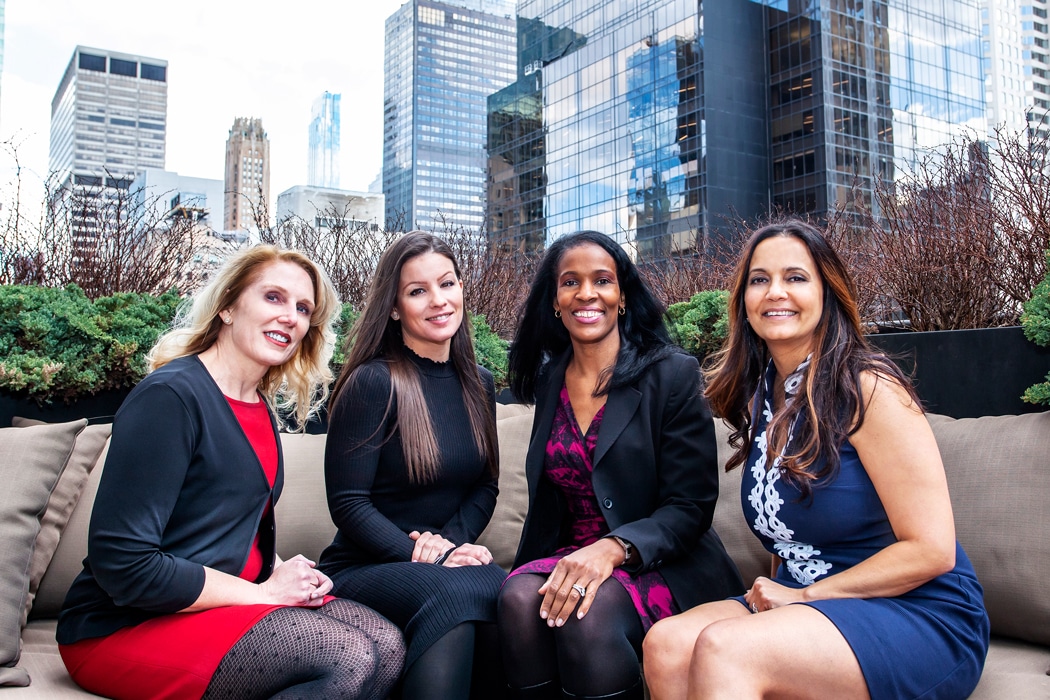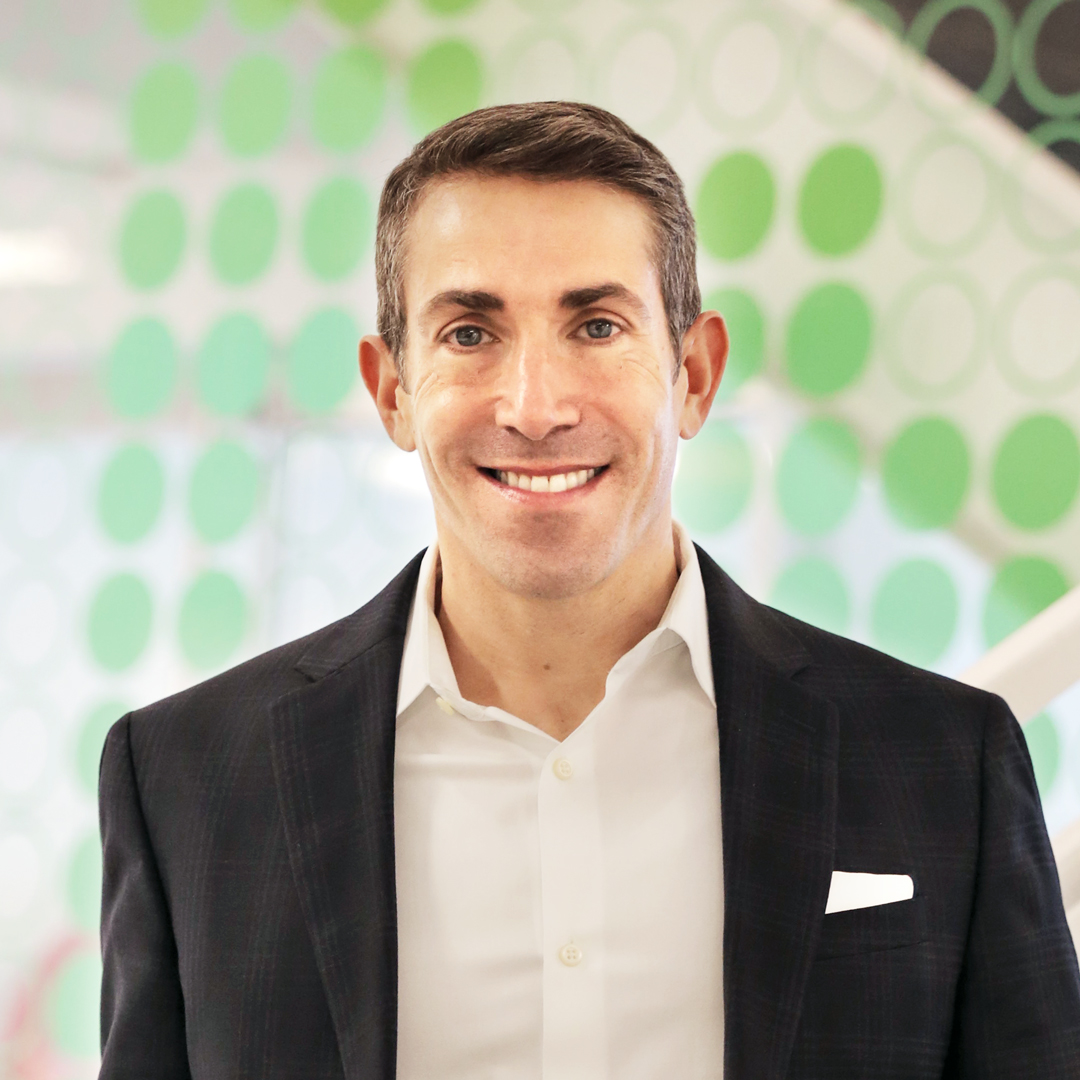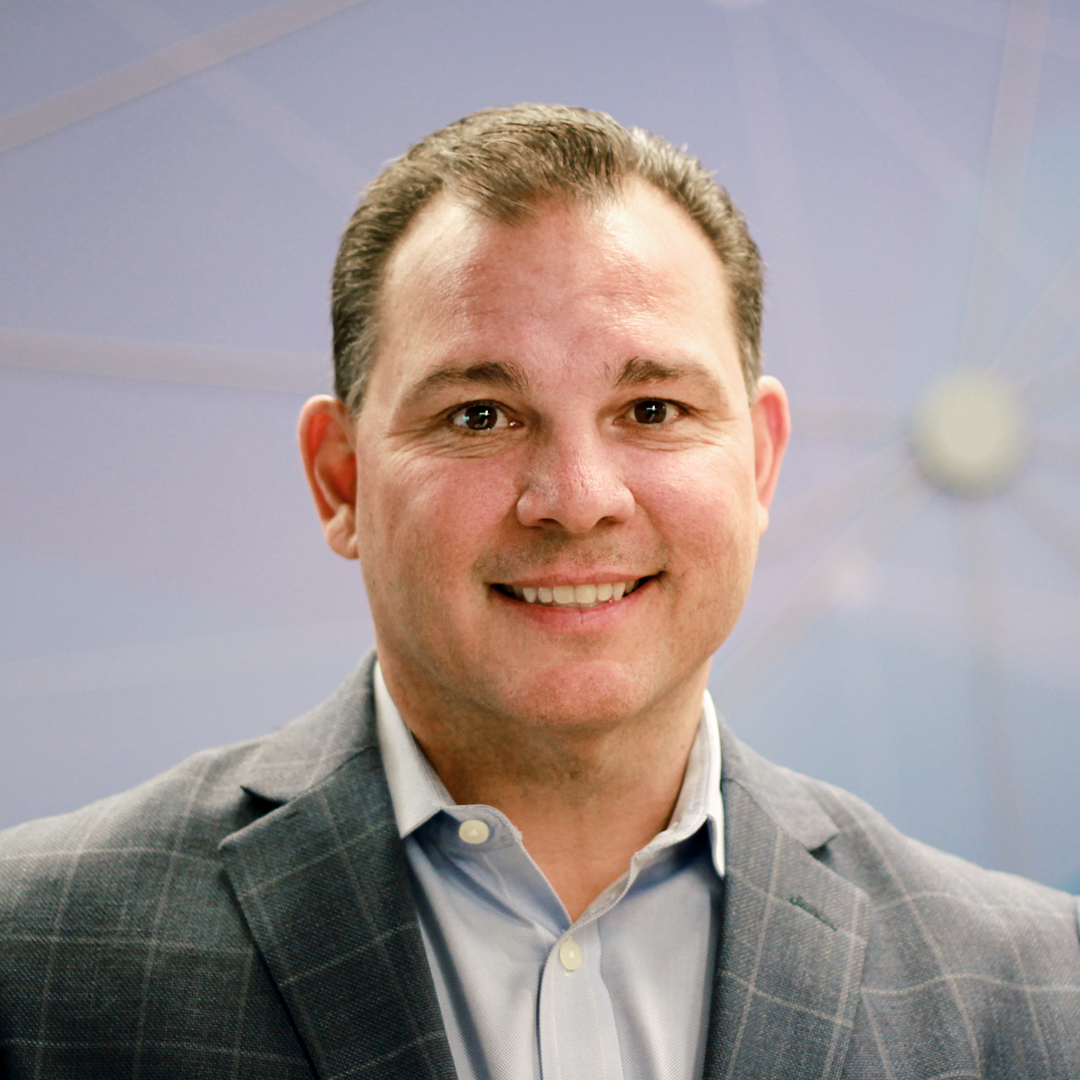Tanya Saffadi’s brief foray into professional counseling taught her an important lesson, one that has served her well in the human resources world: what you don’t like to do can matter as much as what you do like to do.
“In a counselor or therapist role, you need a lot of patience,” she says. “Often people will want to talk about situations for years, but I was execution-focused. Patience is still not one of my strong suits.”

Photo by 2B Entertainment Studios
Saffadi was interested in what motivates people—what makes them work and how she could make a difference in their lives. Her pursuit of answers led her to Columbia’s Organizational Psychology program, which empowered her to execute at a major scale and make a positive impact on people’s lives—and it eventually led her into the business world. After leadership roles in the pharmaceutical and financial industries, she entered the real estate sector, and today she serves as vice president and head of human resources for Kushner, headquartered in New York City. There, she’s building on the company’s strong internal culture with a set of HR initiatives that will help it continue to recruit top talent while operating more efficiently.
She describes the atmosphere of the company and its subsidiaries, including Westminster Management and Westminster City Living, as fast-paced and entrepreneurial. Leaders often serve in multiple functions, and the company is changing and moving constantly. But, it’s also uniquely familial. Saffadi recalls that she was particularly heartened to learn that a number of Kushner leaders play in a band together. “That really says something to me, that they want to spend that much time together,” she says. “And you really do sense that we’re a family, we’re a team, we’re a band. That is a big part of what brought me to the company.”
Saffadi has also noticed a refreshing number of women in leadership positions. Besides herself, the principal of the company, the general counsel, the chief financial officer, the executive vice president of development, the creative director, and the head of risk management are all women. After working in predominantly male-led settings in real estate and finance, Saffadi says, she truly believes this inclusive aspect helps Kushner connect with clients.
“The residents, the tenants, the people who live and work and shop in our buildings are just better served because we understand that population,” Saffadi says. “These communities have a lot of hard-working people. Having the perspective of what our diverse residents need, what our clients need—that gives us a better perspective on what services to offer.”

Photo by 2B Entertainment Studios
The fast pace of the work at Kushner can lend it a sink-or-swim atmosphere, but Saffadi has found herself suited to the work. And, she has proven herself adept at building and maintaining the human capital infrastructure necessary to keep things running smoothly at the growing company. The work hasn’t been without challenges, though, given the ways the business has been growing. So, Saffadi has pursued measures to improve processes and streamline systems.
One of her major projects is to bring all of Kushner’s employees together on one enhanced benefit plan, sign on with a user-friendly 401K plan administrator, and consolidate all employees on one human capital management system; at press time, all employees in the company were expected to be on the same core benefits package by July 2019. Saffadi also notes that partners such as McGriff Insurance Services are an integral part of the full team that makes such large projects possible. Consolidating the benefits packages will streamline processes for both employees and HR leadership, and Kushner will be able to continue reducing its costs through not only economies of scale but better-managed health and wellness programs.
Saffadi is especially excited about the Predictive Index, an assessment intended to assess potential employees’ personality traits. Using the test and its ratings, management will be able to decide which candidates best suit the Kushner organization—and, further, where in the organization they’ll excel. Saffadi is looking at ways to employ it and other tools in a revamp of the company’s onboarding and training methods.
“It brings a bit of science to the art of recruiting,” she says. “We’re making sure our managers are asking the right questions and know what they’re looking for. We’re not just finding the right talent but making sure they’re in the right roles.”
These projects support Saffadi’s primary thesis behind the transformation of Kushner’s human resources framework: what’s best for the workforce is also best for the business. The culture in Kushner’s offices extends through its homes and communities.
Investing in people, Saffadi adds, is a lot like investing in property. “The sense of community we provide when we build new homes is the same sense of community we instill in the culture for our employees when they come to work every day,” she says. “I love the spirit of this company and the willingness to make changes. If our employees are happy, our residents are happy.”

